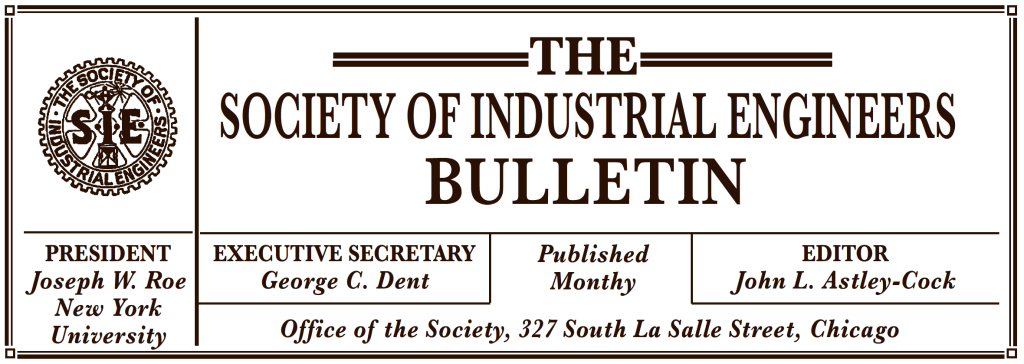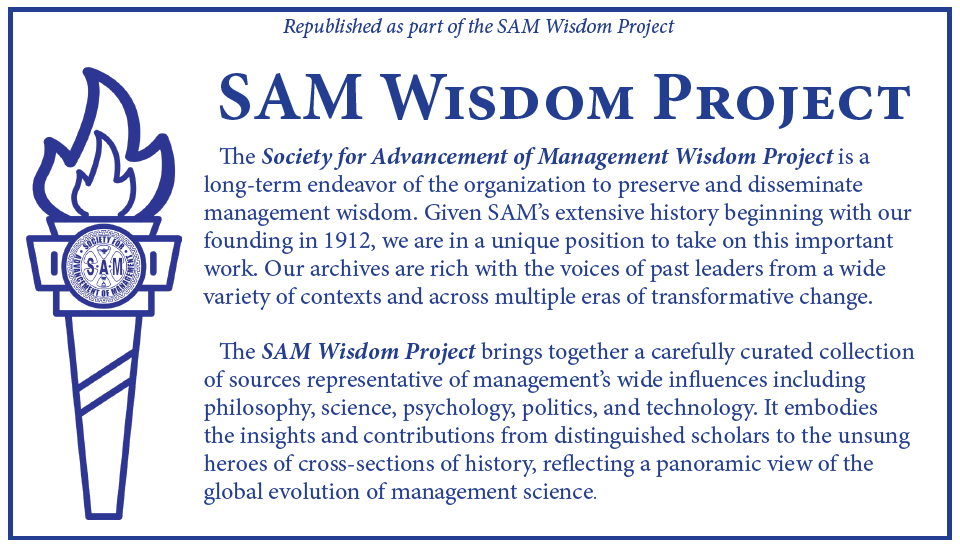
Dr. Walter Lichtenstein, M.A., Ph.D.
Executive Secretary, First National Bank Chicago
Economics and the study of forecasting business development has become a fascinating and most important occupation. More and more business men are trying to regulate their affairs in accordance with definite principles, and some have made public confessions of their indebtedness to the theory of business cycles, notably Mr. Clarence M. Woolley, President of the American Radiator Company. The great French philosopher, Taine, said: “The economic world, like the physical, has its laws. We may misunderstand them, but we cannot escape them. Sometimes they act with us, sometimes against us. They please us, but they never consider us. It is for us to consider them.” To be sure, these laws are not always interpreted correctly. For one thing, economic laws are not as rigid as natural laws, and accidents, such as war, will often interrupt the natural progression of events. Then, too, economic laws often work only over long periods and under certain conditions. For one thing, the study of these economic laws has become fundamentally important only as our present industrial system has developed. In the Middle Ages, when practically the whole world was agricultural and business was strictly local, the future depended upon good or bad crops and not upon world-wide movements. But this has become entirely different now, and with the closer and closer relation of all parts of the world,
it is likely to be more and more true that economic conditions will move along definite lines more or less susceptible of being foreseen and foretold.

